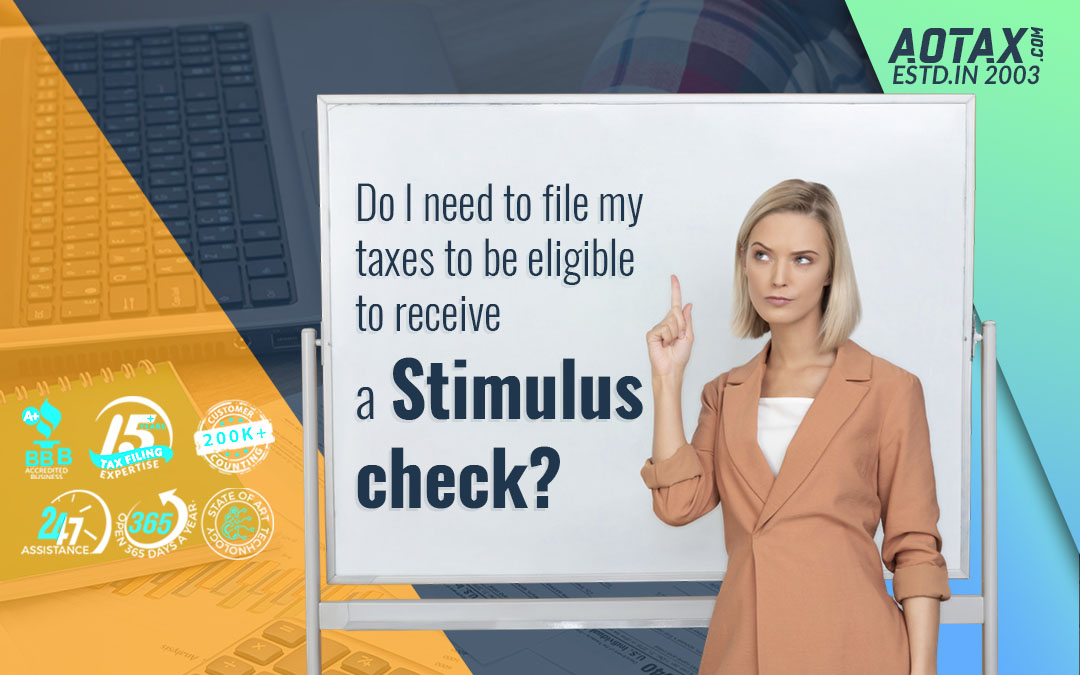
Do I need to file my taxes to be eligible to receive a Stimulus check?
Do I need to file my taxes to be
eligible to receive a Stimulus check?
In the US, the Federal Government had passed the CARES (Coronavirus Aid Relief and Economic Security) Act to bring some relief to the Americans who are struggling due to the outbreak of COVID-19. Under the CARES Act, the IRS announced that a Stimulus check would be issued to the individuals in the US for financial relief up to some extent.
According to the IRS, most of the Americans would be receiving their Stimulus checks automatically based upon the 2019 tax returns. The information of the 2018 tax returns would be considered if the 2019 tax returns have not been filed by an individual. The Stimulus payments would be done by the Direct Deposit method as it would help in sending the money faster.
Who is eligible to obtain the Stimulus payment?
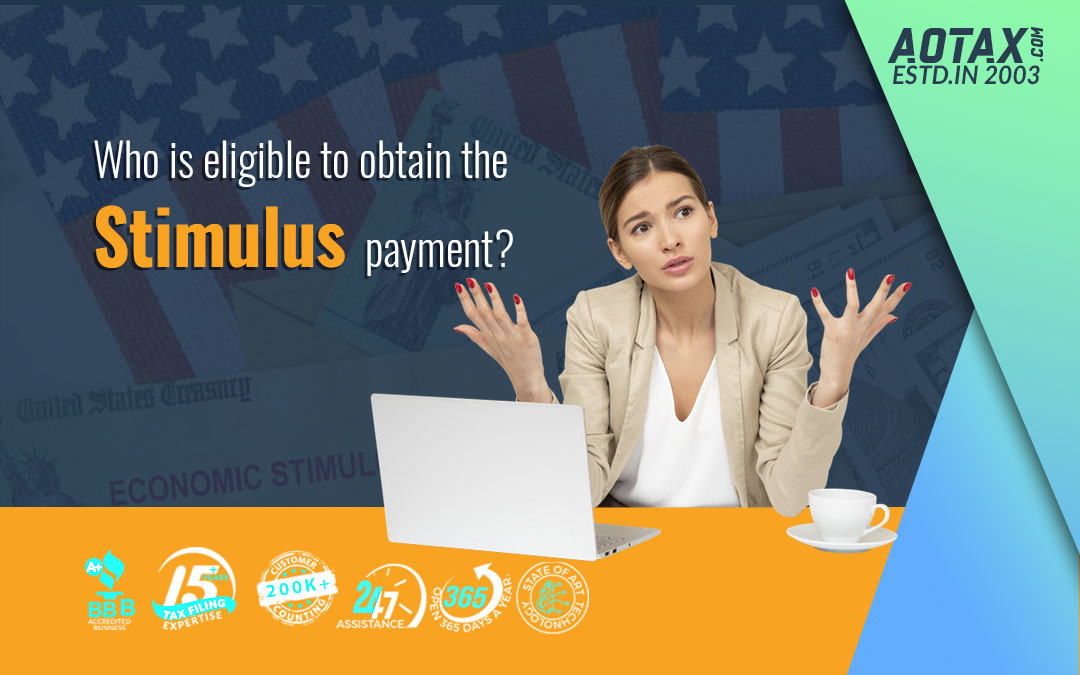
The majority of the American population would qualify to receive the Stimulus payment. The size of the Stimulus payment would depend on the Adjusted Gross Income (AGI) of the individuals.
For an individual who is filing his tax returns as a single filer and is having AGI below $75,000, the Stimulus payment received would be $1200. He would also receive an additional payment of $500 if he would claim a dependent below the age of 17 years. If the AGI of the single filer is above $75,000, then the Stimulus payment would reduce by $5 for every $100 increase in AGI above $75,000. Also, if the AGI of the individual is above $99,000 and no dependents are being claimed then the individual would not receive any Stimulus payment.
For married couples filing their tax returns jointly and are having an AGI below $150,000, the Stimulus payment received would be $2400. They would also be eligible to receive an additional payment of $500 by claiming a dependent below the age of 17 years. If the AGI of the couple is above $150,000, then the Stimulus payment would reduce by $5 for every $100 increase in AGI above $150,000. Also, if the AGI of the individual is above $198,000 and no dependents are being claimed then there would be no Stimulus payment received.
Need to file tax returns to obtain Stimulus payment
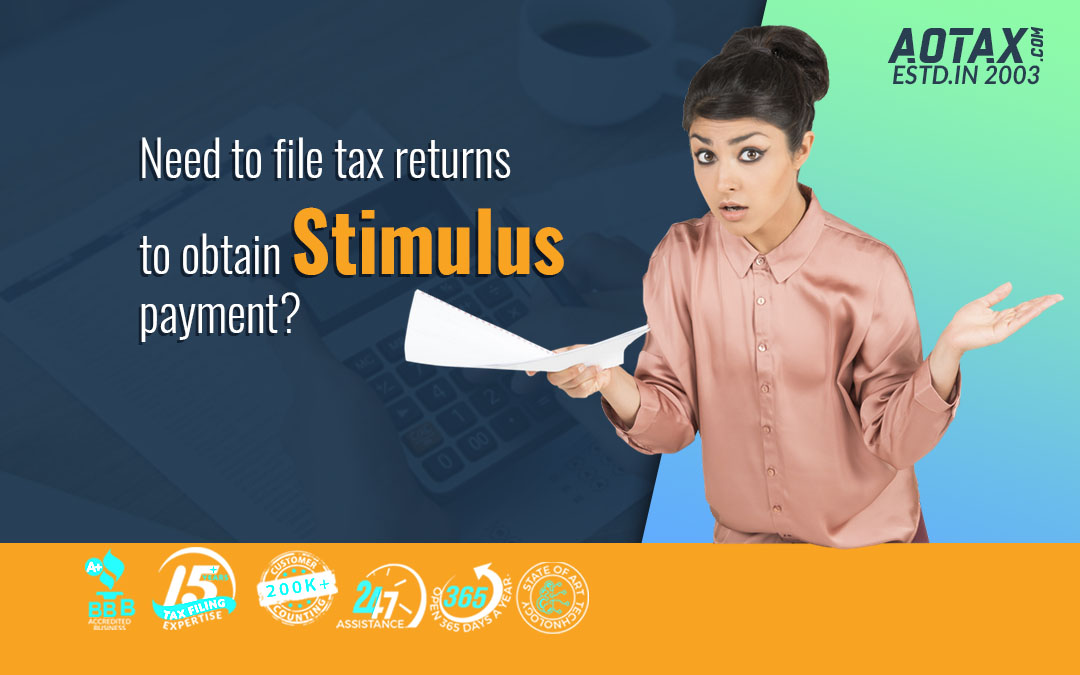
Let us talk about those instances where the filing of tax return is necessary to obtain the Stimulus payment.
- Self-employed individuals who have a net income of $400 or more must file their tax return as they would have to pay self-employment taxes on the income of $400 or more.
- Those taxpayers whose income is more than the income filing threshold as determined by the IRS need to file their tax returns for obtaining the Stimulus payment. This income filing threshold determined by IRS is $12,200 for single filers, $24,400 for married couples who are filing their tax returns jointly and $18,350 for filers filing returns as ‘Head of Household’.
- Those dependents who have an unearned income of more than $1,100 and earned income more than $12,200 must file their tax returns for receiving the Stimulus payment.
- If an individual owes taxes on an IRA or Health Savings Account he will have to file his tax returns for obtaining the Stimulus checks.
- If an advance payment of the health coverage tax credit has been received by an individual, then he must file his tax returns.
Situations which rule out the need to file tax returns for receiving Stimulus payment

a.Social security recipients and the Railroad retirees who have not filed their tax returns for the year 2019 or 2018 do not need to perform any additional paperwork like filing a tax return for obtaining the Stimulus payment. The IRS would use the information from Form SSA-1099 and Form RRB-1099 respectively to obtain the information needed to send the Stimulus payment.
b.Those Americans who belong to the lower-income group or who have income below the tax filing threshold of IRS and have not filed tax returns for 2019 or 2018 must use the new web tool of the IRS. By using this tool, individuals can enter their basic information like Name, Address, SSN, Dependents, etc. This information would help in calculating and sending the Stimulus payment.
c.Recipients of Supplemental Security Income (SSI) will obtain their Stimulus payments automatically without the need for filing the tax returns. However, if they have qualifying dependents below the age of 17 years must use the web tool of IRS to claim the additional $500 payment. This is also applicable for the Railroad Retirees and Social Security beneficiaries.
Hence, taxpayers don’t need to file tax returns for obtaining the Stimulus checks. It mainly depends upon the circumstances which determine the need to file the returns.
References
- https://blog.turbotax.intuit.com/tax-news/am-i-required-to-file-my-taxes-to-get-a-stimulus-check-46816/
- https://www.aarp.org/money/investing/info-2020/tax-return-coronavirus-stimulus-check.html


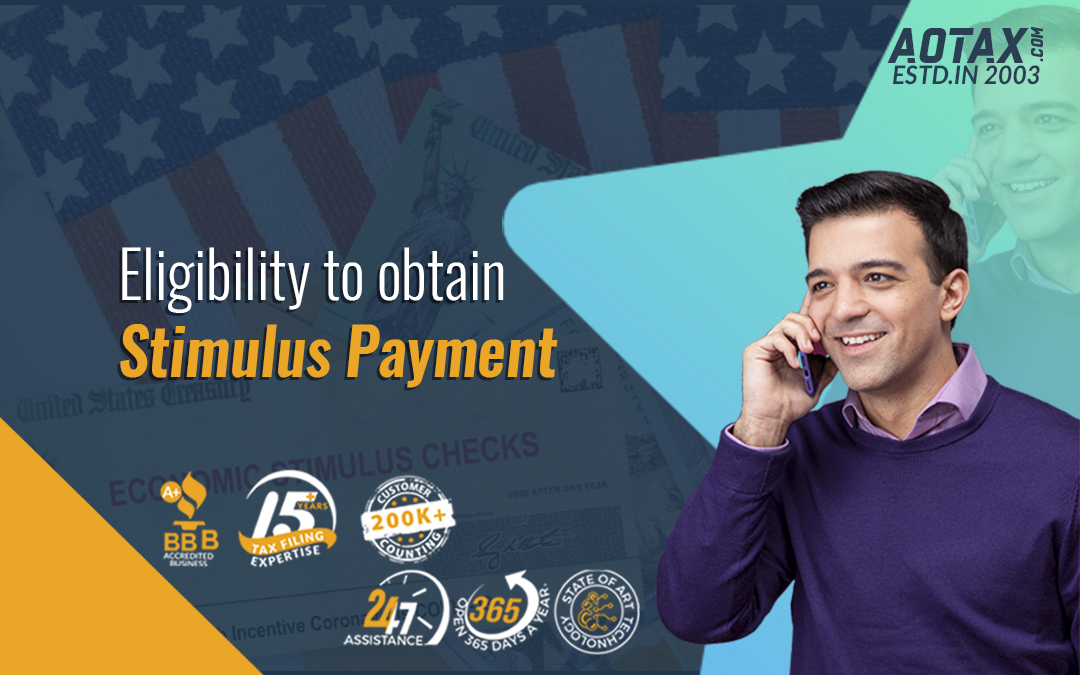

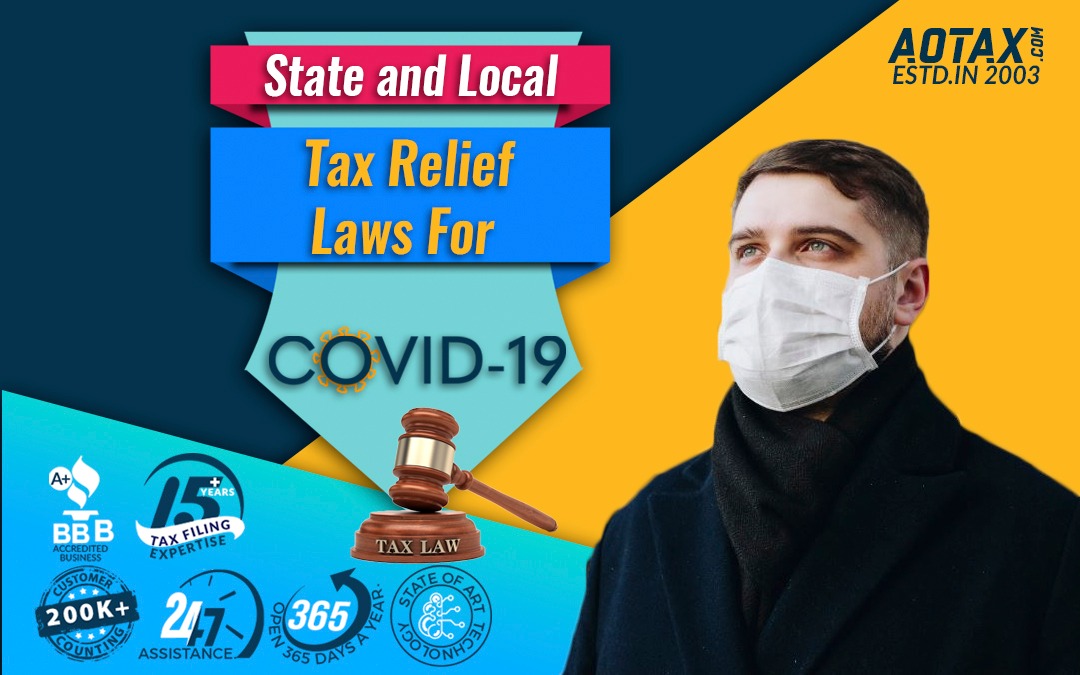

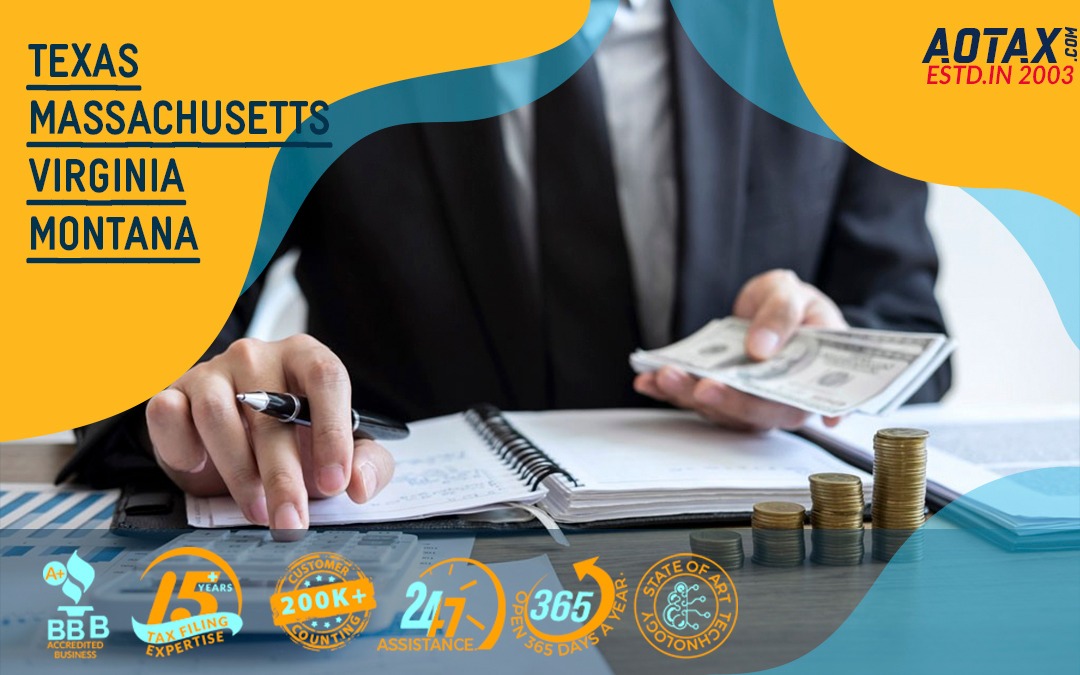

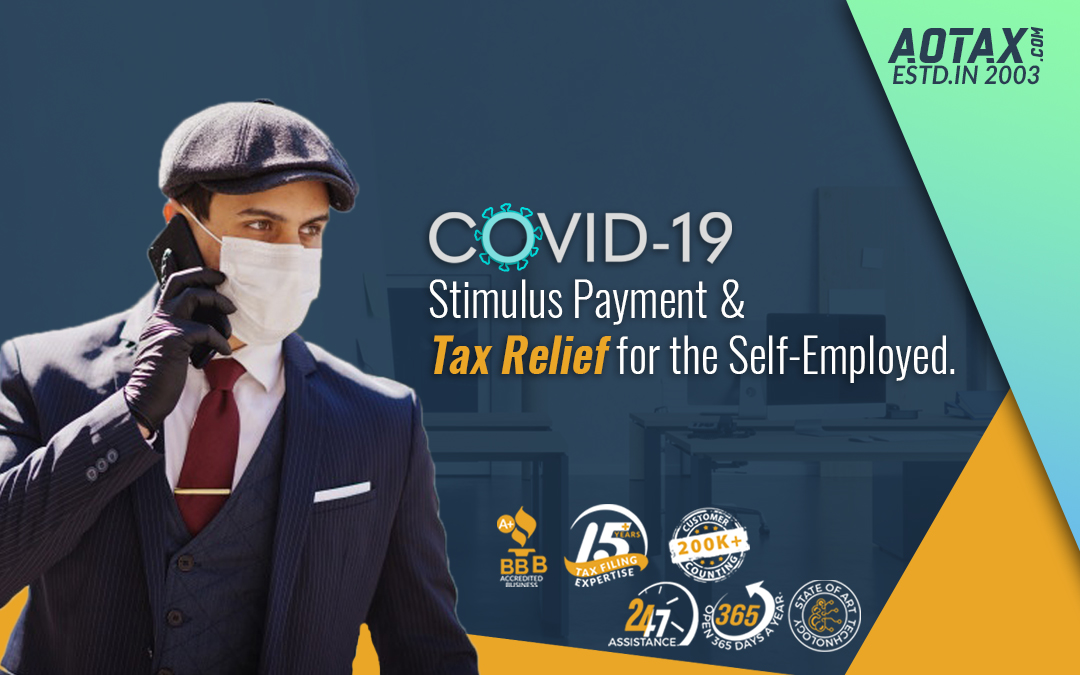
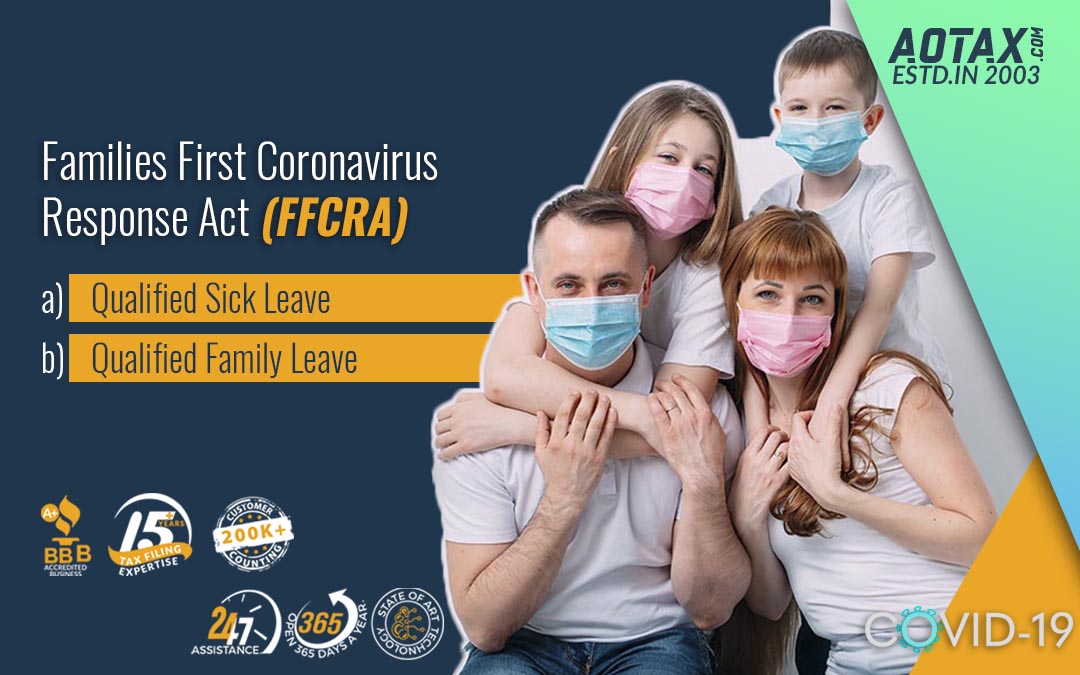
Recent Comments